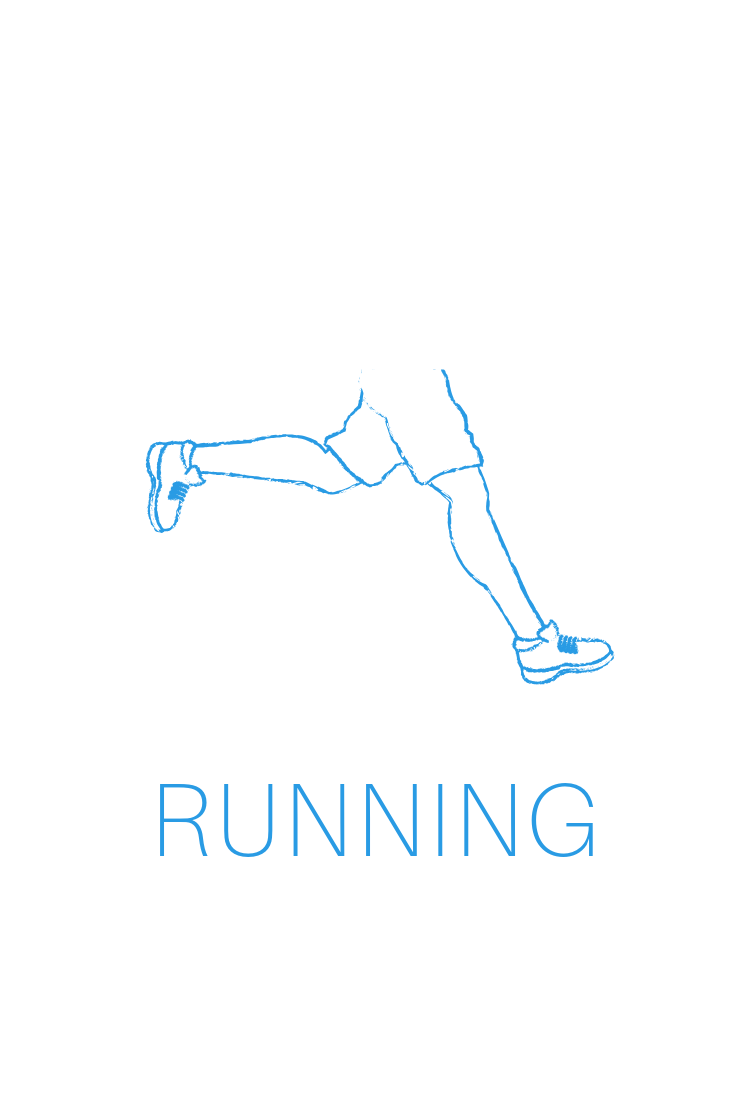Being Generous Is Good For Your Health
Generosity is not only beneficial to those who receive, but also improves the health and happiness of those who give.
The Science of Generosity Project was established at the University Of Notre Dame in 2009. The aims of the organisation are to discover why some people are more generous than others, and the effect generosity has on the wellbeing of individuals and the community. Although we know generosity is good, what is fascinating is the extent to which a person’s health and longevity can be improved by giving abundantly to others.
Generosity can be defined as: Giving good things to others freely and abundantly. Prioritising the needs of others above your own. Doing something for someone with no expectation of return. Generosity can be displayed in a multitude of ways including giving your time to an individual or cause, putting in effort for others, giving goods, contributing money and sharing knowledge.
Many of us are motivated towards generosity with the goal of helping others. However, as an added bonus, studies indicate that generosity is also greatly beneficial to our physical and mental health. Giving social support to others is associated with better overall health in older adults and volunteering is associated with improved quality of life and delayed mortality. Studies show a clear neural link between generosity and happiness, with people reporting they are happier when spending money on others than on themselves. Generosity is linked with more contentment and longer-lasting romantic relationships. Giving connects us to others, creating stronger communities and helping to build a happier society for everyone.
Why Is Generosity So Healthy?
When we give to others (time, money, knowledge etc), it activates the areas of the brain associated with pleasure, social connection and trust. Generous behaviour releases endorphins in the brain and boosts our feeling of happiness. Giving has been linked to the release of the hormone oxytocin that can strengthen feelings of connection with others. Giving also helps reduce stress as actively engaging in activities focussed on others takes your mind off your worries and gives you some perspective. Some research goes so far as to suggest that being generous with your time, energy or money decreases depression and can actually help you live longer.
As we ponder on the health giving power of generosity, Fit My Day is embarking on a fitness challenge that is in the spirit of generosity undertaken as a community.
Fit My Day member Krissie is closely connected with The Aminata Maternal Foundation (AMF) which was set up to make birth safe for women, teenagers and babies and the medical staff caring for them in Sierra Leone. Sierra Leone is one of the most dangerous places for young mothers to give birth. Jakia was 5 months pregnant with her third child. Her first child was washed away in a flood. Her second baby died at birth, as the nurse tried to push her baby out by pressing vigorously. Jakia hadn’t been able to get to a safe hospital. She was in labour and couldn’t walk the 6.4 kilometers to get there.
In the first 2 weeks of November, our challenge is to walk so that women like Jakia won't have to. The money we raise will pay for staff and supplies at the Aberdeen Women's Centre. The challenge is to walk 6.4kms a day. However, considering the fantastically fit group of people we have at Fit My Day, I suggest we increase that challenge to walk 8kms a day. Are you in?
I have set up a team for this challenge and would love as many of us to participate as possible, whether it be joining the 8km-a-day challenge or supporting us financially. Simply go to the website, enter your details and click on “join a team”. Search for Fit My Day and jump on board. Ask your friends and family to support you and, starting Nov 1, we will log in our daily km’s while working together towards a fundraising goal of $1,000.
“No one has ever become poor by giving.”
By Angie Black
ANGIE BLACK
BLOG CATERGORIES:







